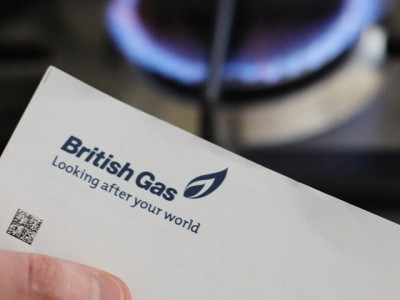
“No more than 5% of households in Scotland should be living in fuel poverty by 2040”, the Scottish Government said as it set a new target in the issue today.
The Fuel Poverty (Scotland) Bill will set out a change in the way fuel poverty is assessed through use of the UK Minimum Income Standard.
Any household will now be classed as “fuel poor” if its required fuel costs are more than 10% of the household’s income after housing costs are paid, and if that means the remaining income is “insufficient to maintain an acceptable standard of living”.
The Bill requires ministers to publish a fuel poverty strategy as well as a progress report every five years and a report at the end of the target date.
Publishing the Bill, housing minister Kevin Stewart said: “Everyone in Scotland should have the right to live in a warm, comfortable home and our new target is ambitious and achievable.
“Scotland is one of only a handful of European countries to define fuel poverty, let alone set a goal to eradicate it. Achieving the target will place Scotland amongst the very best in the world in terms of tackling fuel poverty.
“The new definition, recommended by a panel of independent academic experts, focuses on low income households, meaning we can target interventions more effectively to those who need help most.
“Today we also publish our draft strategy, setting out actions to improve people’s lives, provide support to those who need it most and create jobs by helping industry to invest in the energy efficiency and low carbon heating measures that will be so crucial to delivering our aims.
“Our commitment to eradicating fuel poverty is clear. We have invested more than £1 billion since 2009 in energy efficiency and tackling fuel poverty, designated energy efficiency as a National Infrastructure Priority, and, now, set out a clear target in legislation, with a coherent strategy describing how to get there.”
Recommended for you
